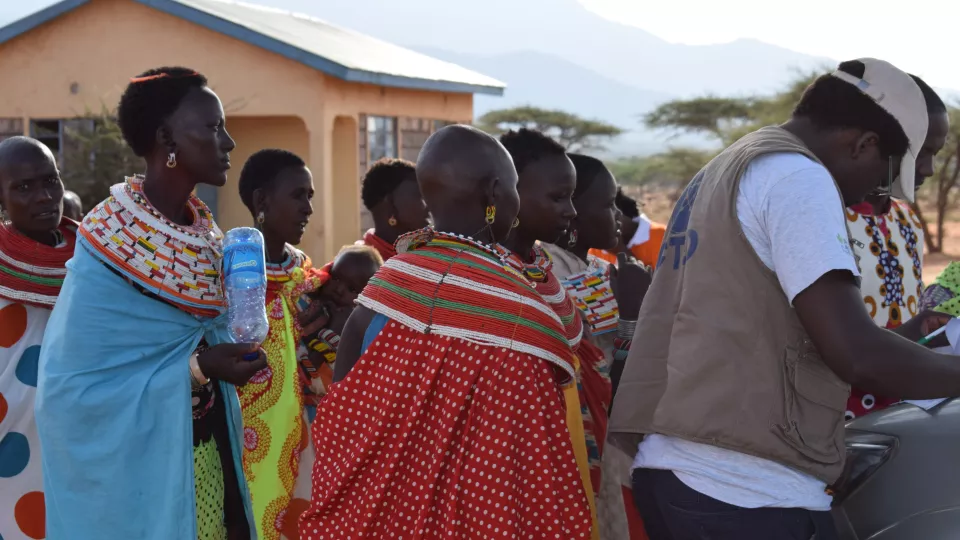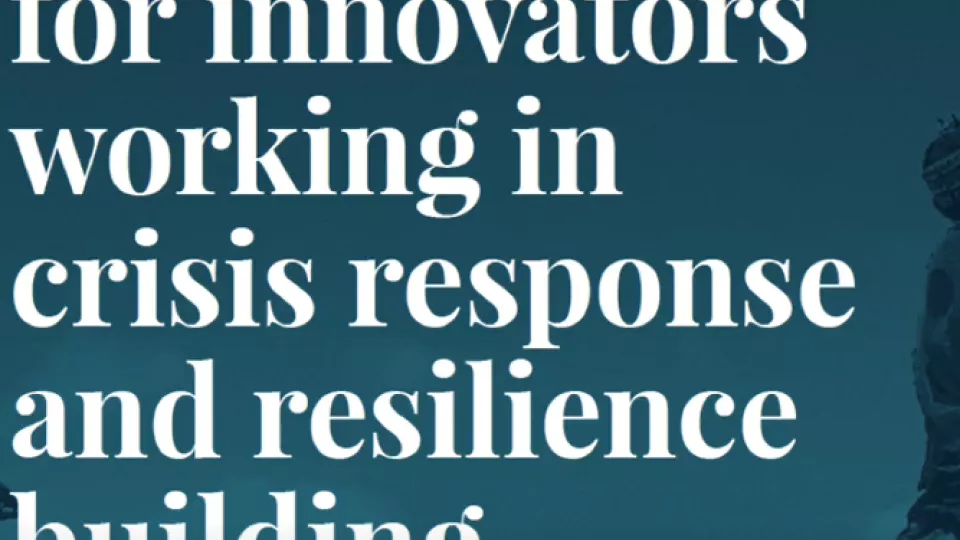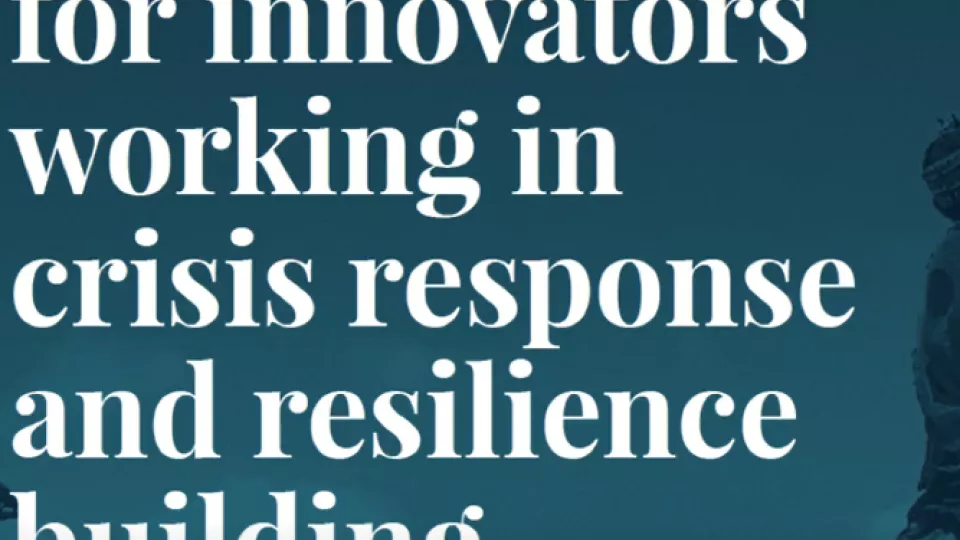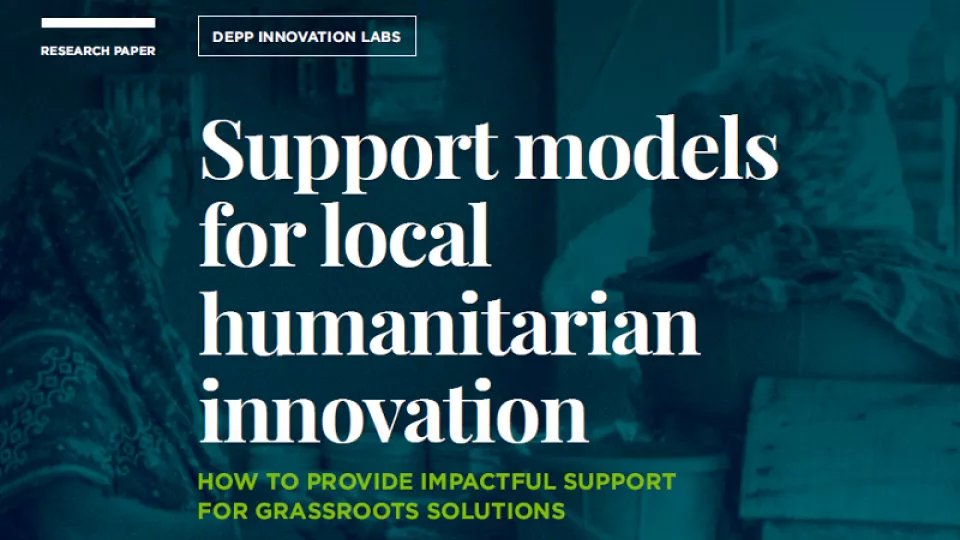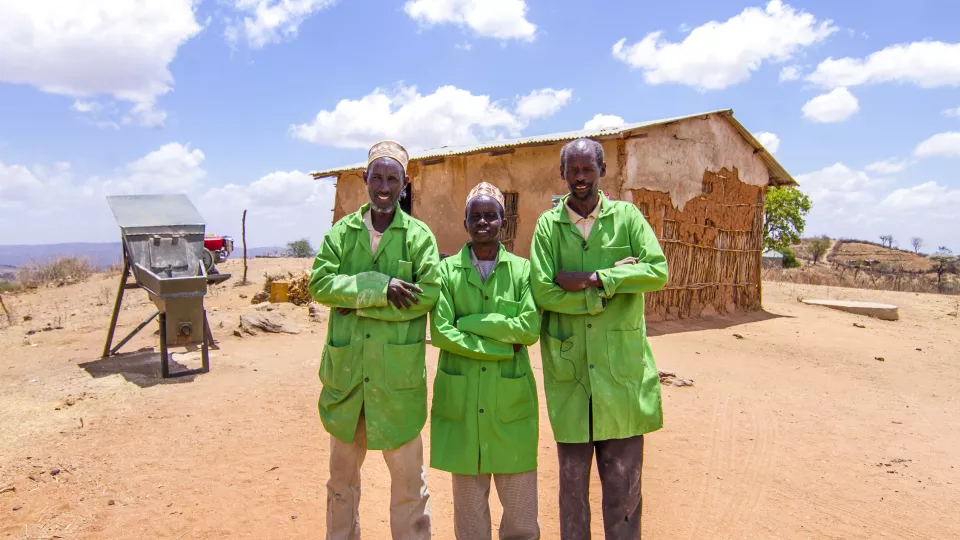
Reflecting on two years of community-driven innovation with the DEPP Labs
Launched in 2017, the DEPP Innovation Labs has supported community-centred innovation in humanitarian environments in Bangladesh, Jordan, Kenya and Philippines. On 31 July, the first phase of the pioneering program came to a close. So what did the DEPP Labs achieve?

